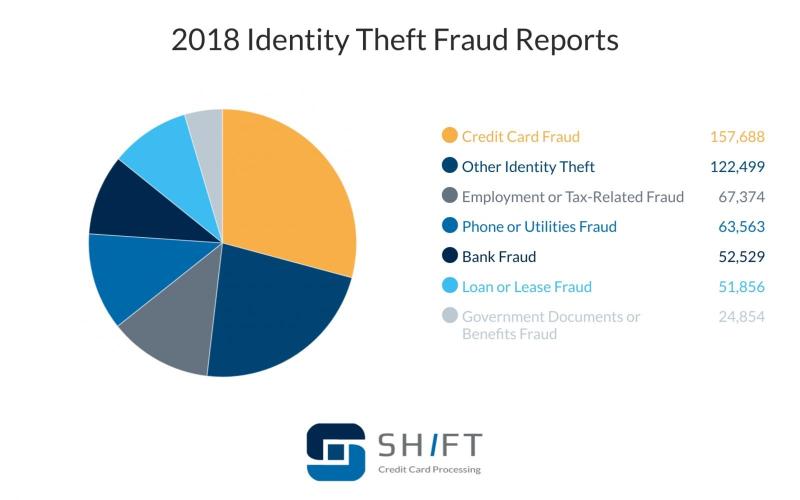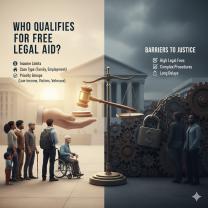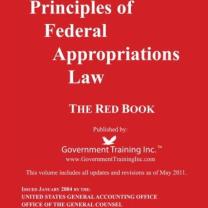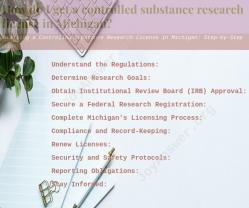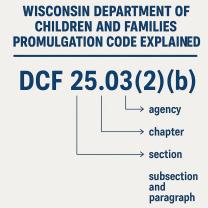What are the consequences of credit card fraud?
Credit card fraud is a serious offense, and individuals involved in such activities may face various legal and financial consequences. The specific ramifications can vary based on the jurisdiction, the extent of the fraud, and the individual's criminal history. Here are some potential consequences of credit card fraud:
Criminal Charges:
- Individuals engaged in credit card fraud may face criminal charges, including identity theft, theft, fraud, and related offenses. The severity of the charges can depend on factors such as the amount of money involved and whether the fraud was committed across state or international borders.
Criminal Penalties:
- Conviction for credit card fraud can lead to criminal penalties, including fines, probation, restitution (repaying the victims), and imprisonment. The length of imprisonment can vary based on the severity of the offense.
Civil Liability:
- Victims of credit card fraud may pursue civil actions against the perpetrators to recover financial losses. This can result in the fraudster being ordered to pay damages to the victims.
Credit Score Impact:
- Credit card fraud can negatively impact the credit scores of both victims and perpetrators. Victims may see a temporary impact on their credit scores until the fraudulent transactions are resolved. Perpetrators, if convicted, may face challenges obtaining credit in the future.
Financial Consequences:
- Perpetrators may be required to pay restitution to the credit card issuers or financial institutions for the losses incurred. Additionally, legal fees associated with defending against criminal charges can be a financial burden.
Loss of Trust and Reputation:
- Individuals involved in credit card fraud may experience a loss of trust and damage to their reputation. This can have long-term consequences in personal and professional relationships.
Employment Consequences:
- A criminal conviction for credit card fraud can impact employment opportunities. Employers may conduct background checks, and a fraud conviction may be a barrier to certain types of employment.
Extradition:
- In cases where credit card fraud involves international transactions or activities across borders, extradition may be pursued to bring the perpetrator to face charges in the relevant jurisdiction.
It's important to note that credit card fraud is taken seriously by law enforcement, financial institutions, and legal authorities. Prevention is key, and individuals should take steps to protect their credit card information, report any suspicious activity promptly, and work with law enforcement and credit card issuers to resolve fraud incidents.
If you believe you are a victim of credit card fraud, it's important to report it to your credit card issuer and local law enforcement immediately to mitigate potential financial and legal consequences.
Navigating the Aftermath of Credit Card Fraud: Legal Repercussions and Recovery
Credit card fraud can be a stressful and frustrating experience, but understanding the legal consequences, financial impacts, and recovery process can empower you to take control of the situation.
1. Legal Consequences:
The legal consequences of credit card fraud vary depending on the severity of the crime and jurisdiction. Generally, they can range from:
- Misdemeanor charges: For small-scale fraud with minimal financial losses.
- Felony charges: For large-scale fraud, organized crime involvement, or identity theft.
- Fines and restitution: Perpetrators may be ordered to pay back the stolen funds and fines to the issuing institution and/or victim.
- Imprisonment: Depending on the severity, prison sentences ranging from months to years are possible.
2. Credit Card Company Investigations:
When you report fraud, your credit card company conducts an investigation to determine the nature and extent of the activity. This may involve:
- Freezing your account: To prevent further unauthorized transactions.
- Reviewing transaction history: Identifying fraudulent charges and contacting merchants for verification.
- Requesting additional information: Gathering details about suspicious activity or potential compromise of your card information.
- Filing a chargeback dispute: Initiating a formal process to reverse fraudulent charges and restore funds to your account.
3. Victim Responsibility:
Federal law protects consumers from most liability for unauthorized credit card charges. However, under certain circumstances, you may be responsible for a limited amount (usually $50) if:
- You reported the fraud more than 60 days after receiving your monthly statement.
- You were negligent in protecting your card or PIN information.
- You participated in the fraudulent activity.
4. Long-Term Financial Impacts:
While credit card companies offer protection, fraud can still have long-term financial impacts:
- Credit score damage: Fraudulent activity can negatively impact your credit score, potentially affecting loan applications and interest rates.
- Identity theft risks: If your personal information is compromised, you may be susceptible to further fraud attempts.
- Emotional and psychological stress: Dealing with the aftermath of fraud can be emotionally draining and cause anxiety about financial security.
5. Recovering from Fraud:
Here's how to recover from credit card fraud:
- Report the fraud immediately: Contact your credit card company and local police department as soon as you suspect suspicious activity.
- Cooperate with investigations: Provide any requested information and documents to assist both the issuing company and law enforcement.
- Monitor your credit report: Check for any inaccuracies or unauthorized activity and dispute them promptly.
- Take security measures: Change your passwords, implement stronger security measures, and be mindful of phishing attempts.
- Seek emotional support: Dealing with the stress of fraud can be overwhelming. Consider seeking support from friends, family, or a therapist.
Remember, credit card fraud is a serious issue, but with prompt action and awareness, you can minimize the damage and protect your financial future.
